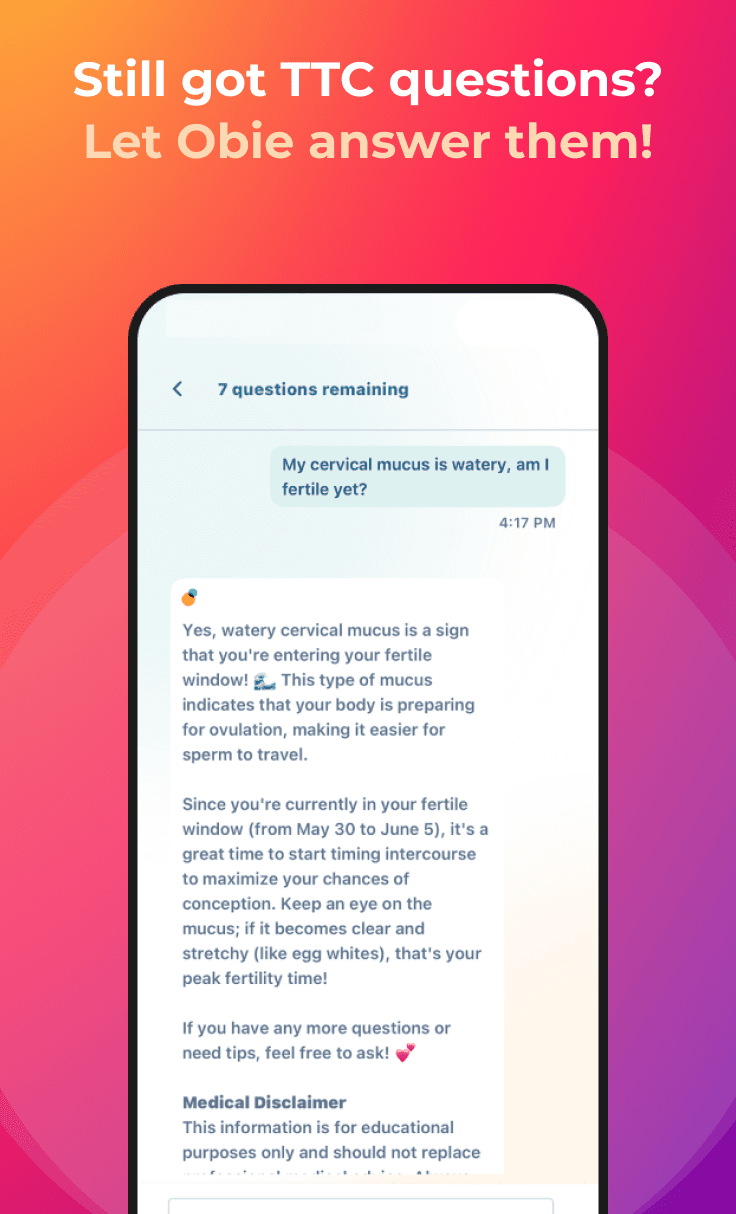Regaining Fertility After Cancer Treatments
Cancer
Obie Editorial Team
A: For some patients the answer is yes. Not all  cancer treatments cause irreversible infertility. The only time a patient will be permanently affected by the treatment is if the eggs are all destroyed (in women) or the stem cells are destroyed (in men). This usually happens during radiation cancer therapy of the reproductive organs. Stem cells are responsible for sperm production in the testes.
cancer treatments cause irreversible infertility. The only time a patient will be permanently affected by the treatment is if the eggs are all destroyed (in women) or the stem cells are destroyed (in men). This usually happens during radiation cancer therapy of the reproductive organs. Stem cells are responsible for sperm production in the testes.
Some patients choose to preserve their fertility before the cancer treatments begin. Fertility preservation requires a combined effort between the oncologist and the fertility specialist. As long as there are no underlying medical issues that may prevent egg or sperm harvesting, both male and female cancer patients can use cryotherapy before treatment.
Cryotherapy in women freezes the eggs harvested from the ovaries for use in a later pregnancy. After treatment is complete, the female will be asked to wait at least a year before using the eggs for fertilization. If there are viable eggs left in the ovaries, the frozen eggs will not be needed.
Cryotherapy in men freezes sperm. The sperm is not harvested in the same manner as the female eggs. Sperm is collected at a sperm bank via masturbation. The sperm bank then freezes the sperm. After cancer treatment has ended, if the male no longer produces viable sperm, the frozen sperm can be used for conception.
Both male and female patients can protect the ovaries (or testes) from the radiation used to treat the cancer. As long as these areas are protected, there is a lesser chance of the radiation affecting fertility. There are also some chemotherapy drugs that are less prone to hindering fertility than others.
In cases where the patient did not preserve fertility, there is little that can be done after cancer treatments to return fertility. Once the eggs or the stem cells are destroyed, they cannot be replaced. Women can choose to use an egg donor and men a sperm donor in these cases.








